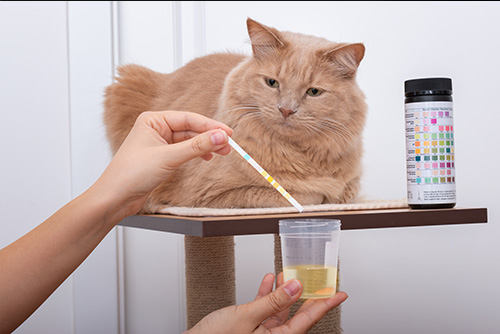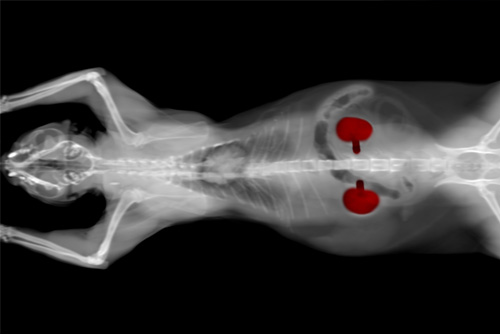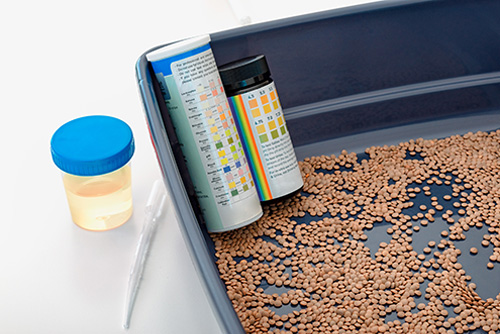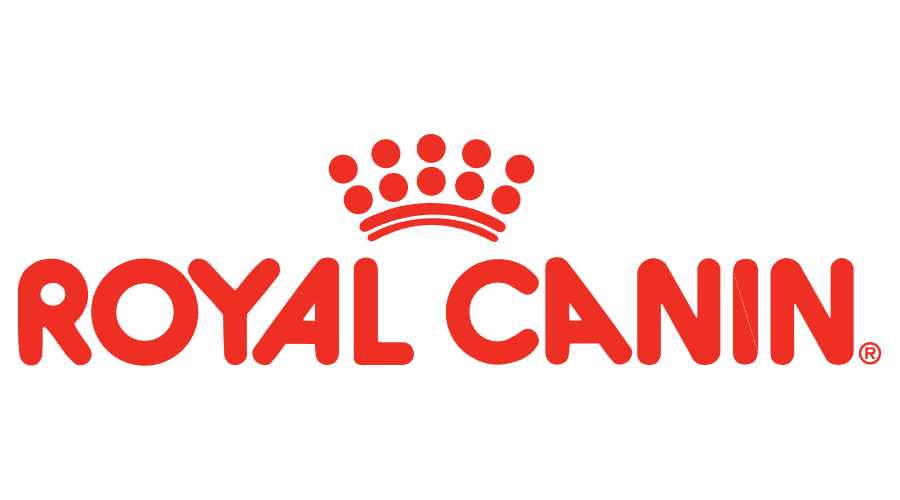
Feline Chronic Kidney Disease Research
Kidneys filter the blood and produce urine and so problems with kidney function can result in a variety of health problems for a cat. Chronic kidney disease (CKD) is the persistent loss of kidney function over a period of time. CKD is the most common kidney disease affecting cats as they get older.

Challenge
The underlying cause CKD in cats remains unclear. Further characterisation of the processes underlying the development of CKD could identify new ways to treat the condition. There is also a need for non-invasive methods for evaluating the health of specific areas of the kidney, which could provide more precise diagnostic and prognostic information for cats affected by a variety of kidney disorders.
The RVC’s Geriatric Cat Clinic was established in 1992 with the aim of researching the common conditions of older cats and to help with the care and medical management of the cats that attend the clinic. Since then, more than 4,000 cats have come to the research clinic. Eligible cats benefit from free wellness health checks, including a full clinical examination, blood pressure measurement and regular blood and urine tests to check kidney and thyroid function. Regular monitoring of the cats attending the clinic has provided new insights into CKD and related mineral and bone disorder, hyperthyroidism and hypertension (high blood pressure), and supported the development of new diets, pharmaceutical products and diagnostic tests related to these conditions. Current research in the group is aiming to answer a number of key questions about the development and management of CKD in cats.
Current areas of focus include the role of inflammation and dental disease in the development and progression of CKD, the impact of urinary tract infections on cats with kidney disease and the best way to treat these cats. The group have identified that some cats with CKD can be at risk of high calcium levels, on-going research is enabling exploration of whether this contributes to calcification of the kidney and if so, how it might be slowed or prevented. Further work is also exploring the importance of diets for cats with early stage kidney disease helping us to understand which diets are most appropriate.

Solution
The RVC’s Geriatric Cat Clinic was established in 1992 with the aim of researching the common conditions of older cats and to help with the care and medical management of the cats that attend the clinic. Since then, more than 4,000 cats have come to the research clinic. Eligible cats benefit from free wellness health checks, including a full clinical examination, blood pressure measurement and regular blood and urine tests to check kidney and thyroid function. Regular monitoring of the cats attending the clinic has provided new insights into CKD and related mineral and bone disorder, hyperthyroidism and hypertension (high blood pressure), and supported the development of new diets, pharmaceutical products and diagnostic tests related to these conditions.
Current research in the group is aiming to answer a number of key questions about the development and management of CKD in cats. Current areas of focus include the role of inflammation and dental disease in the development and progression of CKD, the impact of urinary tract infections on cats with kidney disease and the best way to treat these cats. The group have identified that some cats with CKD can be at risk of high calcium levels, on-going research is enabling exploration of whether this contributes to calcification of the kidney and if so, how it might be slowed or prevented. Further work is also exploring the importance of diets for cats with early stage kidney disease helping us to understand which diets are most appropriate.

Impact
Through longitudinal follow-up of cats with chronic kidney disease, hyperthyroidism and hypertension, the RVC’s Geriatric Cat Clinic has greatly improved our understanding of these common problems, informed the design of new diets, and stimulated the development of new drug products and diagnostic tests. Many cats have been provided with the best possible management (high quality diets and medications) that their owners could otherwise not have afforded.
Recently the clinic has been running a diet trial to investigate whether a specially formulated diet may be beneficial to cats in the very earliest stage of CKD. Researchers from the group have also recently found that magnesium may be useful as a prognostic indicator in cats with CKD, as hypomagnesemia at diagnosis of azotaemic CKD was associated with a higher risk of death for these cats. The RVC diagnostic labs now routinely include magnesium measurement as part of their renal and comprehensive feline biochemistry profiles, and it is hoped that magnesium will be more widely incorporated as part of feline biochemistry profiles offered by other commercial labs in future.
Partners


 (Bow)
(Bow)
